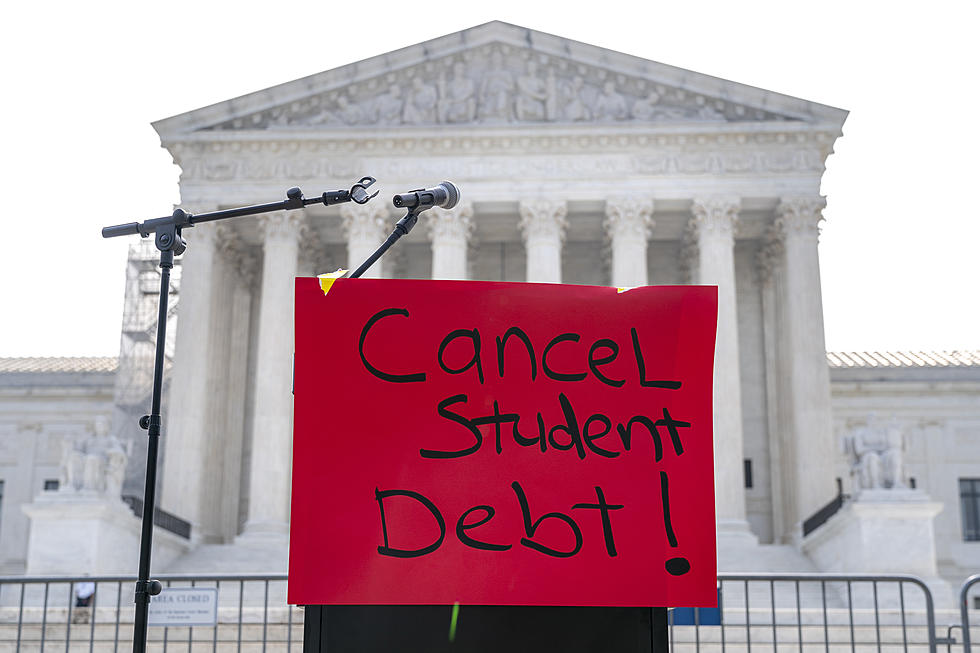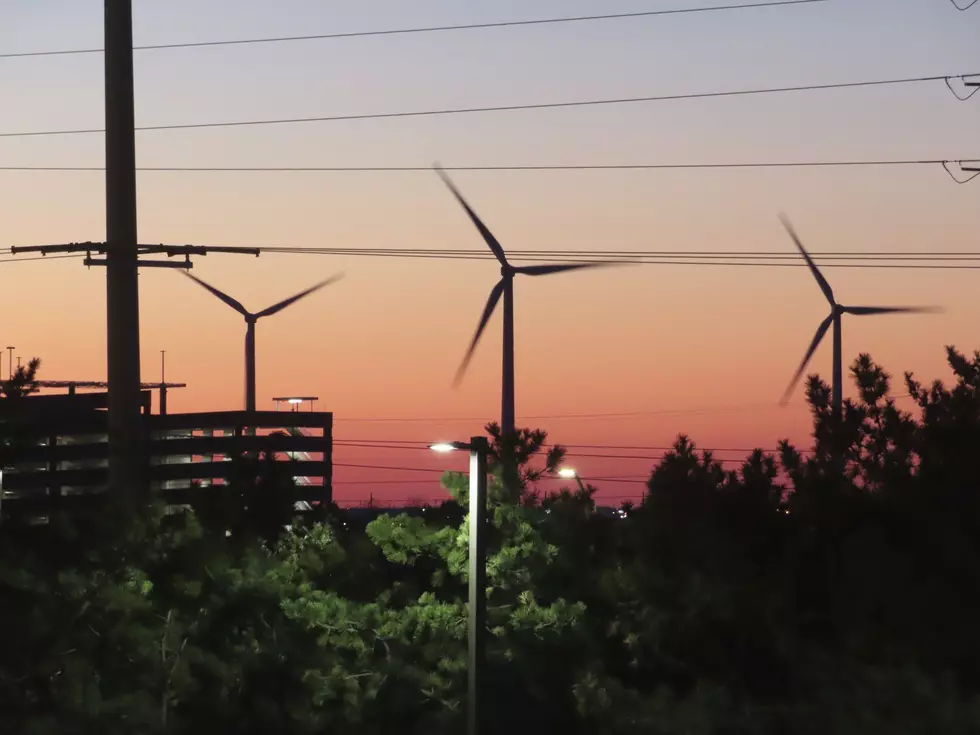
Supreme Court rules on student debt relief: How it affects you
The Supreme Court has ruled the Biden administration overstepped its authority in trying to cancel or reduce student loan debt, effectively killing the $400 billion plan, which would have canceled up to $20,000 in federal student loans for 43 million people. Of those, 20 million would have had their remaining student debt erased completely.
The court's decision means, barring an act of Congress, those Americans are on the hook for payments starting in October.
Still, borrowers who are worried about their budgets do have options. For instance, the government has other loan forgiveness programs that are still in effect, even if Biden's plan was struck down.
Here's what to know about how the decision will affect you.
WHEN WILL STUDENT LOAN PAYMENTS RESUME?
Student loan payments that have been frozen for the last three years because of the pandemic are set to restart in October. That was going to happen no matter what the Supreme Court decided. Interest will start accruing Sept. 1.
HOW SHOULD I PREPARE?
Betsy Mayotte, president of the Institute of Student Loan Advisors, encourages people not to make any payments until the pause has ended. Instead, she says, put what you would have paid into a savings account.
“Then you’ve maintained the habit of making the payment, but (you’re) earning a little bit of interest as well,” she said.
Mayotte recommends borrowers use the loan-simulator tool at StudentAid.gov or the one on TISLA’s website to find a payment plan that best fits their needs. The calculators tell you what your monthly payment would be under each available plan, as well as your long-term costs.
Katherine Welbeck of the Student Borrower Protection Center recommends logging on to your account and making sure you know the name of your servicer, your due date and whether you’re enrolled in the best income-driven repayment plan.
WHAT IF I CAN’T OR DON'T WANT TO PAY?
If your budget doesn’t allow you to resume payments, it’s important to know how to navigate the possibility of default and delinquency on a student loan. Both can hurt your credit rating, which would make you ineligible for additional aid.
If you’re in a short-term financial bind you may qualify for deferment or forbearance — allowing you to temporarily suspend payment.
To determine whether deferment or forbearance are good options for you, you can contact your loan servicer. One thing to note: interest still accrues during deferment or forbearance. Both can also impact potential loan forgiveness options. Depending on the conditions of your deferment or forbearance, it may make sense to continue paying the interest during the payment suspension.
ARE THERE ANY OTHER PROGRAMS THAT CAN HELP WITH STUDENT LOAN DEBT?
If you’ve worked for a government agency or a nonprofit, the Public Service Loan Forgiveness program offers cancellation after 10 years of regular payments, and some income-driven repayment plans cancel the remainder of a borrower’s debt after 20 to 25 years.
Borrowers should make sure they’re signed up for the best possible income-driven repayment plan to qualify for these programs.
Borrowers who have been defrauded by for-profit colleges may also apply for borrower defense and receive relief.
These programs aren’t be affected by the Supreme Court ruling.
WHAT’S AN INCOME-DRIVEN REPAYMENT PLAN?
An income-driven repayment plan sets your monthly student loan payment at an amount that is intended to be affordable based on your income and family size. It takes into account different expenses in your budget, and most federal student loans are eligible for at least one of these types of plans.
Generally, your payment amount under an income-driven repayment plan is a percentage of your discretionary income. If your income is low enough, your payment could be as low as $0 per month.
If you’d like to repay your federal student loans under an income-driven plan, the first step is to fill out an application through the Federal Student Aid website.
HOW CAN I REDUCE COSTS WHEN PAYING OFF MY STUDENT LOANS?
— If you sign up for automatic payments, the servicer takes a quarter of a percent off your interest rate, Mayotte says.
— Income-driven repayment plans aren’t right for everyone. That said, if you know you will eventually qualify for forgiveness under the Public Service Loan Forgiveness program, it makes sense to make the lowest monthly payments possible, as the remainder of your debt will be cancelled once that decade of payments is complete.
— Reevaluate your monthly student loan repayment during tax season, when you already have all your financial information in front of you. “Can you afford to increase it? Or do you need to decrease it?” Mayotte said.
— Break up payments into whatever ways work best for you. You could consider two installments per month, instead of one large monthly sum.
LOOK: Where people in New Jersey are moving to most
More From New Jersey 101.5 FM









